How to eat badly in France?
France is a country where a meal can be an epiphany—or a total scam. Knowing the difference is an art form.
Tourist traps, shady institutions, and inflated chef egos often leave travelers in France with stomachaches and a hole in their wallet. The gap between the exceptional and the mediocre can be enormous.
A highly political subject, food is also a trap for the French themselves—often the first victims of what they eat.
But before I give you practical advice, let me tell you a story.
When telling the truth doesn’t fly
I was invited on a radio show to promote my book Nouvelles Auberges (Tana, 2021). Around the table: the host and two commentators—a famous chef with a thick southwestern accent and a crusty old wine writer, a self-proclaimed expert who had mastered the art of freeloading at every press dinner in Paris.
Nouvelles Auberges is an ode to the places I love: countryside inns where you can eat, drink, and sleep for a reasonable price. Historic venues revitalized by natural wine and by young, committed entrepreneurs. To me, they represent the future of gastronomy—honest cuisine rooted in the land, led by chefs who know their ingredients inside out and champion sustainable agriculture through short supply chains. A true gustatory revolution.
First question from the host:
— Victor, what inspired you to write this book?
I didn’t have to think long:
— You see, I’m a journalist, I focus on rural France, and for the past decade, I’ve been traveling the country for my reporting. Experience has forced me to recognize a counterintuitive reality: it’s very difficult to eat well in the countryside.
"Oh la la," hands thrown in the air, looks of horror—I might as well have insulted a god in a country that doesn’t recognize blasphemy.
— What? How can you say such a thing? gasped the chef.
— Typical Parisian snobbery! sneered the ghostly wine columnist, before triumphantly adding:
— And your natural wine? Just a passing fad!
I had come to promote my book, yet here I was, thrown into a two-against-one debate on the tired old theme of the bourgeois bohemian versus the real people. The discussion got heated, the host had to calm things down, and the show went on.
As I was leaving, the chef clapped me on the shoulder and whispered conspiratorially:
— Listen, Victor, sorry about earlier. I’m from Béarn, and I completely agree with you… but you can’t say that on the radio.
He was right. So right, in fact, that the episode, which wasn’t live, was heavily edited: the entire debate was cut.
Why is it hard to eat well in France?
In France, as elsewhere, globalization and the homogenization of taste are taking their toll. The recent expansion of industrial agriculture, consumerist habits, and poor dietary choices have chipped away at French culinary culture.
To say that eating well in the countryside is difficult is to call out a failure of French agricultural development. It also challenges the myth of an eternal rural France, a land of gourmet delights and home-cooked meals.
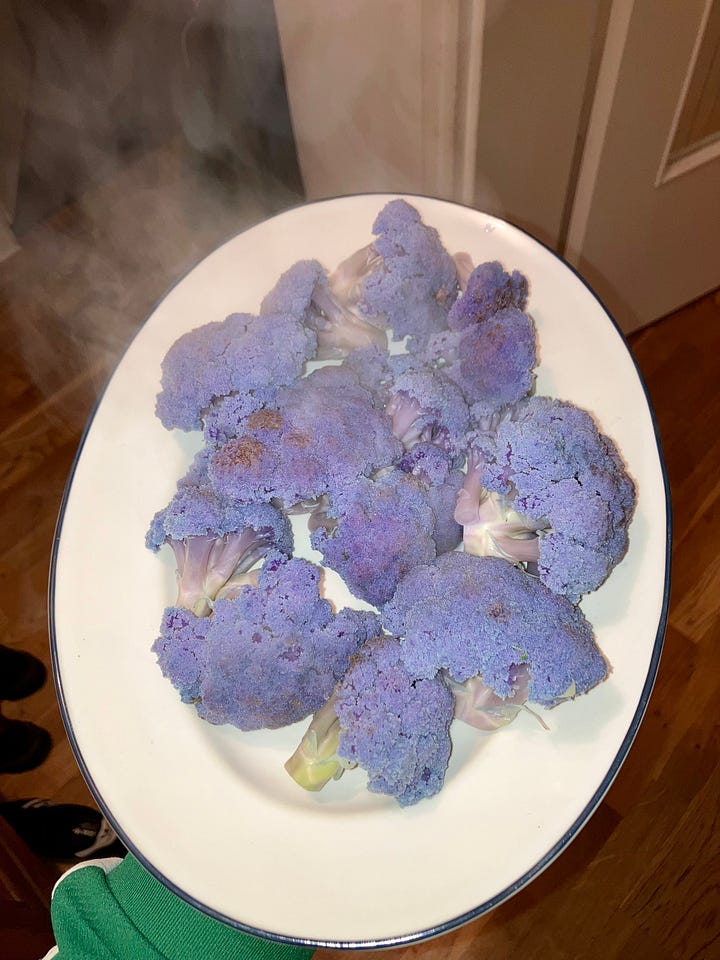
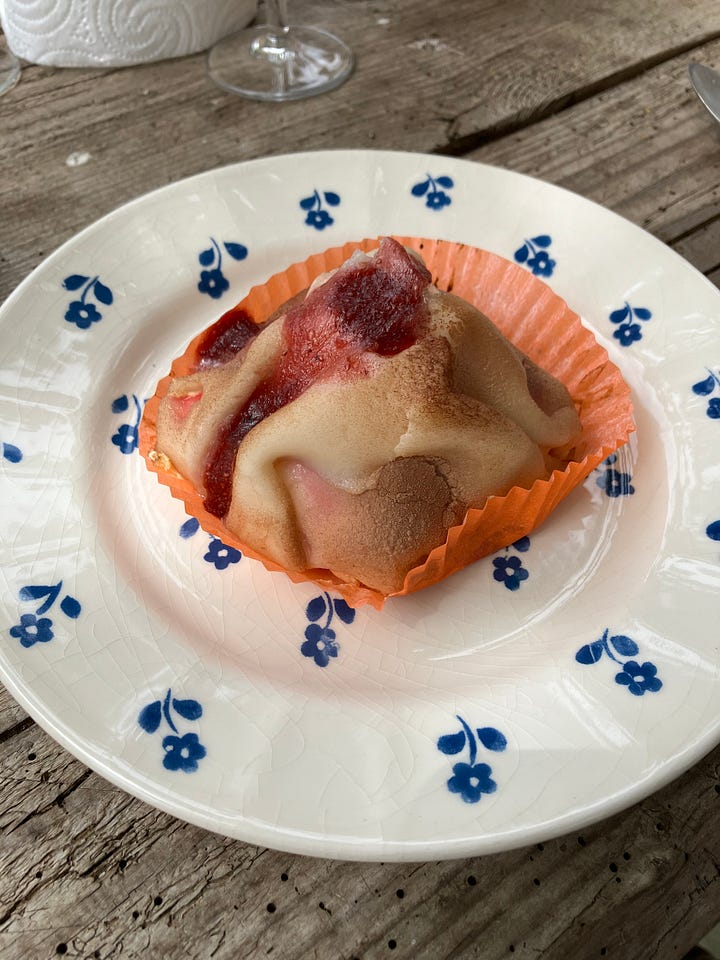

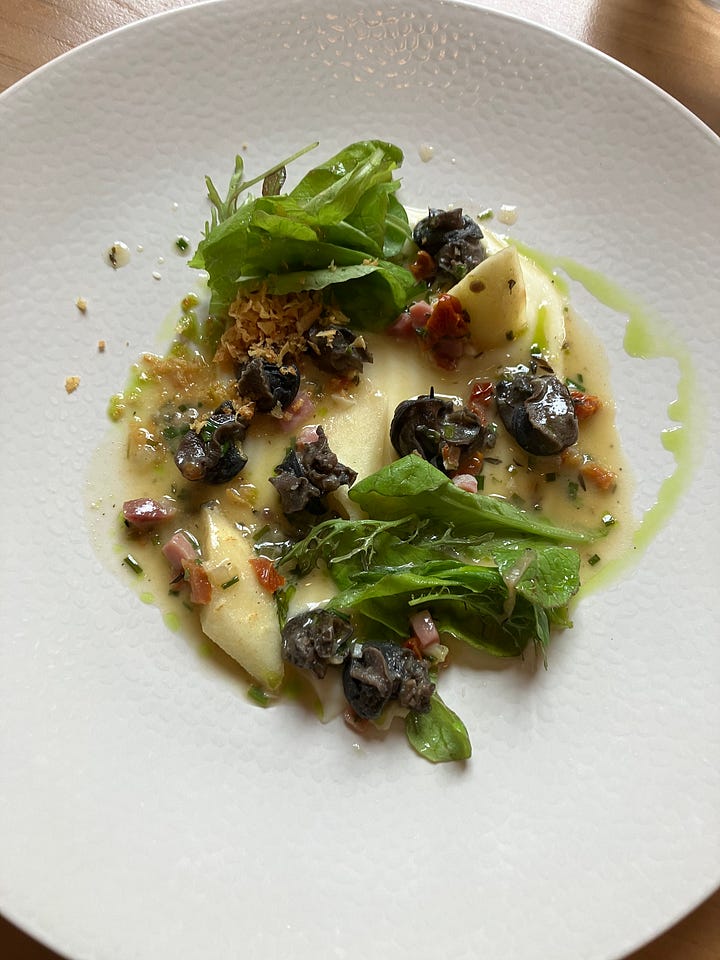
But the reality is harsh: out of sight, out of mind. The countryside has emptied of its people, its farmers are disappearing, and all too often, the hungry traveler is left with a depressing choice between fast food or an overpriced pseudo-gastronomic restaurant. If you don’t know exactly where to stop in advance, chances are you’ll be disappointed.
And what’s true in the countryside is just as true in the city—but for the opposite reasons, especially in Paris. Here, an overwhelming abundance of choices leads people astray. Paris, one of the most densely populated and visited cities in the world, has perfected the art of the double offering: one for clueless tourists, another for Parisians.

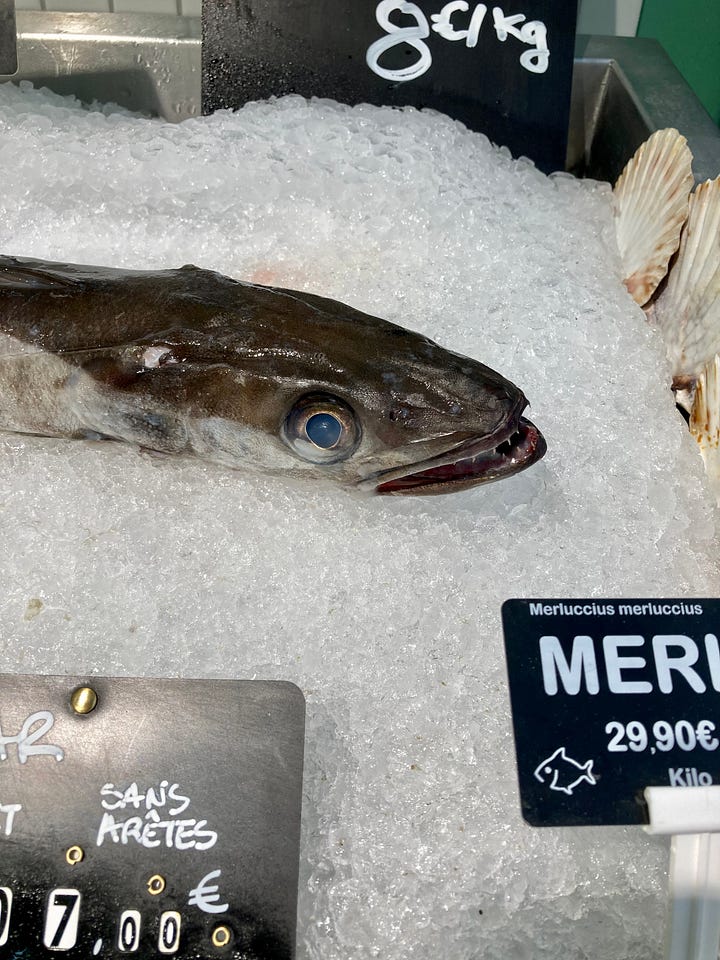
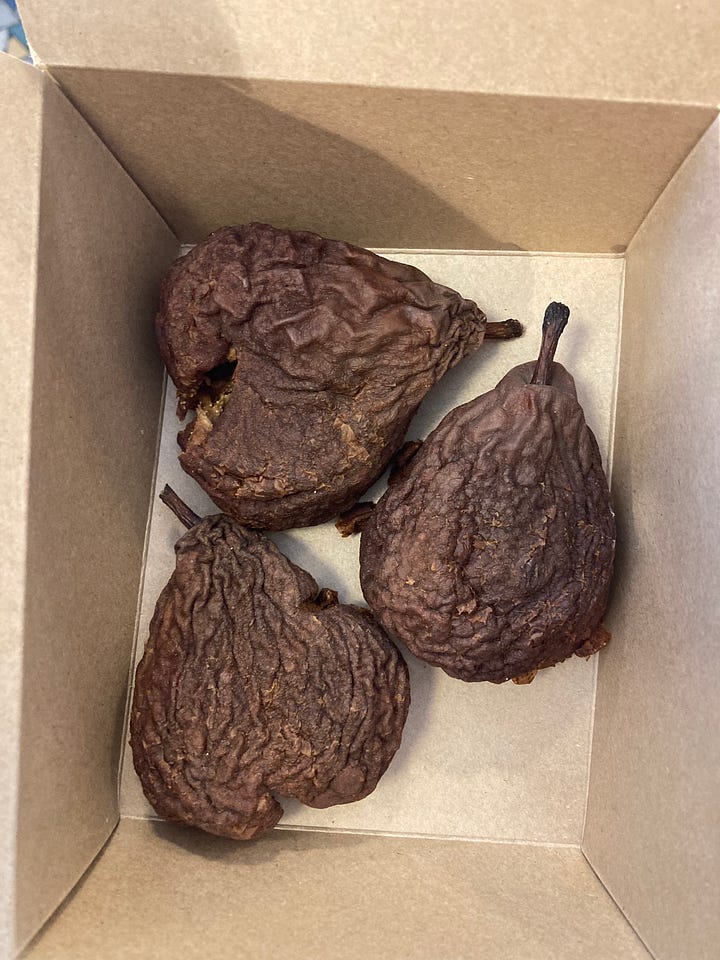

How to make sure you eat badly in France
Do you insist on ruining your culinary experience? Follow these nine foolproof tips:
Prioritize "specialty" restaurants proudly displaying the word "authentic." Arguably one of the most overused words in the world. After all, what could be less authentic than a place that needs to announce it?
Let yourself be seduced by street hawkers. If someone has to convince you to sit down, that’s always a good sign.
Choose the restaurant with the longest menu. The more dishes, the fresher the ingredients. That’s just basic logic.
Trust menus illustrated with photos. Nothing beats a beautifully printed image on a plastic tablecloth.
Stand in line! The queues outside tourist traps are a cultural experience in themselves.
Follow your cravings and ignore the seasons. Tomatoes in January? A raclette in August? You’re here to enjoy yourself, after all.
Pay a premium—money rules the world. Nothing like a gastronomic menu at €70 paired with a glass of wine boasting subtle notes of nail polish and old oak bark.
Rely on reviews from your fellow countrymen. After all, when you’ve spent a small fortune getting ripped off, who has the energy to admit they got played?
Forget everything I said and keep believing in the ‘gastronomic excellence’ of every French meal. It’s a comforting myth, after all.


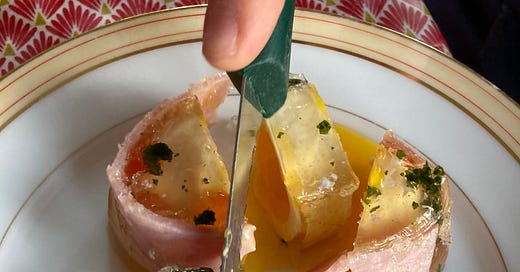




Sorry for your experience at the radio! But THANK YOU for saying this. I always say that France is the country where I always had the best ingredients/produce, but some of the worst cooking I’ve ever experienced - even in Paris and at a high price point. I wish the countryside could reconnect to its roots - what I’d do to find the equivalent of a ‘trattoria’ here where I am.
And may God save this country from the cilantro-fication and cumin-fication of every damn dish.
Wow j’adore !